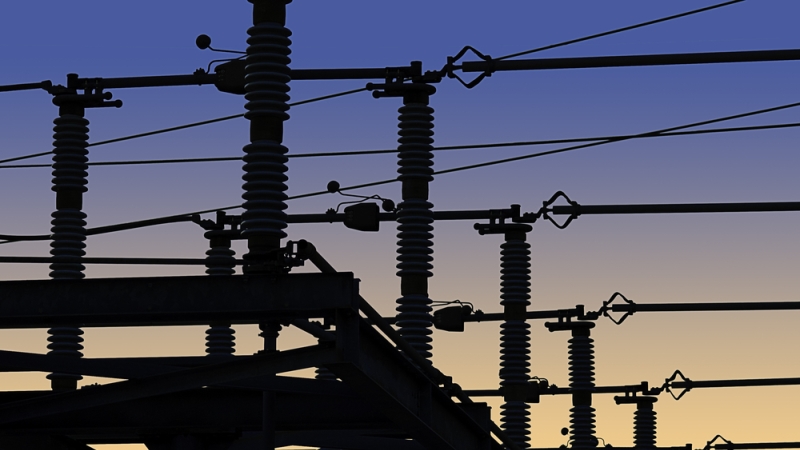
In the face of increasing cyberattacks on U.S. critical infrastructure and growing service demands on the electric grid, members of the Senate Homeland Security and Governmental Affairs Committee’s Government Operations and Border Management Subcommittee discussed the need for greater Federal investments in protecting the grid and ensuring abundant power supplies at an October 27 hearing.
Depending on the ultimate fate of the $1.2 trillion Infrastructure Investment and Jobs Act (IIJ) approved by the Senate in August, there may be significant new funding for grid protection ready to go soon. Consideration by the House of that infrastructure-themed bill is intertwined, however, with ongoing work by the Biden administration and in both chambers of Congress to reach agreement on a slimmed-down version of the Build Back Better legislation, which tackles a host of “social” infrastructure issues.
At the October 27 subcommittee hearing, Sen. Tom Carper, D-Del., said the IIJ bill includes more than $47 billion in new funding for critical infrastructure resiliency programs, including $550 million for an electric grid cybersecurity program.
However, Sen. Carper acknowledged that electric grid investments “have been inadequately funded” historically, and wanted to know what else lawmakers could do to advance grid modernization.
The committee heard from Bryce Yonker, executive director and CEO of Grid Forward, who noted that his organization is “very supportive” of the IIJ legislation.
Nevertheless, Yonker said areas such as cybersecurity are in need of “additional support,” and stressed that the new money in the legislation for cybersecurity is “not enough for what we need to do to keep the frontier of our cyber capabilities leading class.”
“So, the [bill’s] subtitle on cybersecurity is fantastic,” Yonker said. “From what we have seen, we haven’t noticed cyber funded for about a decade from … energy legislation. Is $600 million enough? I would argue no. Cyber considerations have to be in anything,” Yonker said. “It has to be central to the investments that we make in our system.”
Sen. Alex Padilla, D-Calif., agreed with Yonker on the topic of cybersecurity in the legislation, and said he “couldn’t agree more” that cybersecurity should be central to any future grid investments.
As for grid modernization funding in the legislation, Yonker said, “it’s in there some,” but “there needs to be more of it.” He urged the members of Congress to consider the Energy Act of 2020, which he said contains “critical” research and development efforts for energy innovation and grid modernization.

“We are not investing in the grid nearly enough to meet the demands we place on it,” Yonker said. “The Association for Civil Engineers predicts that in less than eight years, we will have under-invested in the grid by about $200 billion.”
“Should we be surprised by the grid impacts that happened over the last nine months from overwhelming events such as winter storms, unprecedented heat, wildfires, a pipeline cyberattack, and major storms that have already been discussed,” he asked.
“It’s critical that Federal resources align with local realities to ensure that our grid can remain safe, reliable, and affordable,” Yonker said.
